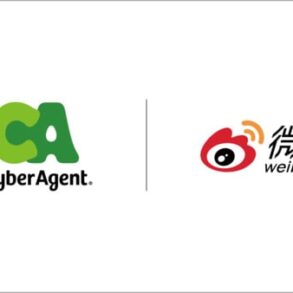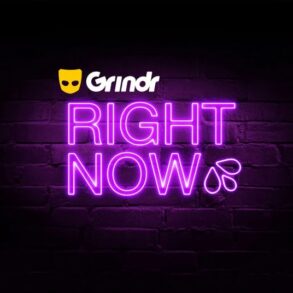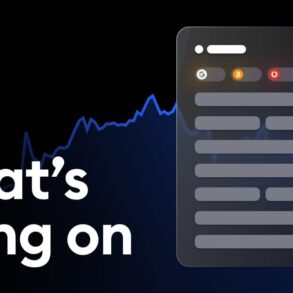If I were to describe myself, I might say that I’m kind, curious and − hopefully − a good mom and a loyal friend. A bit messy. I hate cleaning.
But if I were honest, I’d have to add something, a bit of a confession, in fact. I’m a late-night social media doomscroller. (That’s what the professionals call it.) In fact, if I were transparent, I’d admit to scrolling a lot during my “downtime.”
At the doctor’s office, while waiting on hold, or − you guessed it − in the bathroom. I’ve noticed something odd, though, and maybe you have, too. Social media doomscrolling is like a fast-food cheat day: It feels good at the moment but never afterward. It’s a huge waste of time, even though I justify it because it’s mostly “a break” in between important things.
But if I feel depressed later on, why do we do it? If our phones and social media use reflect our desires and hurts, why are we constantly staring in the mirror?
Social media is bad for kids:Parents need help regulating their children’s social media. A government ban would help.
My social media doomscrolling doesn’t seem to stop
For an older millennial, I’m pretty anti-social media in a lot of ways. I’ve banned my kids from using it for the most part. I have no active Facebook to speak of, I hate TikTok, and I have an ongoing love/hate relationship with X, formerly known as Twitter.

In the corners of the day, between juggling four kids, a full-time job and other personal responsibilities, I tend to scroll Instagram the most, which has become a cesspool of influencers, envy and a few good tidbits of advice, philosophy and encouraging content.
There are many upsides to social media. I learn a lot on YouTube. No, really. I do. From a quick history tutorial to how to fix the dishwasher without hiring a mechanic, YouTube is full of solid information. My Instagram account is private but a decent avenue to keep friends and family informed of my adorable kids. And, I can lurk in peace.
Fauci was wrong about COVID:Social distancing guidelines caused millions to suffer. Now Fauci admits ‘there was no science behind it.’
But a little here, a little there, has turned into a lot everywhere. In fact, I noticed that I was drawn to Instagram enough I had to change the settings so it notifies me when I’ve used it a certain amount of time.
Instant gratification and addiction of what social media does for us
The allure of social media, especially when the apps first load up, comes in hits of the dopamine we get from the attention or promise of it.
A Dartmouth science journal on the topic says, “Studies have found that when social media users receive positive feedback, the excitatory synapses in these regions of the brain are activated. In particular, the dopamine receptors (which have affinity for the dopamine neurotransmitter) are activated and action potentials are subsequently propagated through neural networks. Dopamine is one of the key neurotransmitters involved in reward pathways, memory motivation, and movement. Thus, the short-term dopamine-driven feedback loops lure users into coming back for more, feeding into a social media addiction.”

Have you ever left your phone somewhere or had it died on you? Has your phone ever had a low battery while you didn’t have a charger handy? Remember the panic and anxiety you felt?
You probably told yourself it’s important. What if your work, spouse or child was trying to get in touch? Were those your real concerns, or were you just missing having all that information and digital comfort in your hand?
Phone addiction is common and increasing. It’s now been dubbed nomophobia, or “no mobile phone phobia.” Studies show links between smartphone usage and increased levels of anxiety and depression, poor sleep quality, and increased risk of car injury or death. It’s clear adults need to have phone boundaries for themselves and their family’s sake.
Why are we never alone but still feel lonely?
That’s not the only downside.
In many ways, social media algorithms provide a look into our hearts. They know that I’m single and looking for a great guy, but not open to toxic people in my life. They know that I’ve birthed four kids, don’t look as slim as I used to and never want to look like that mom who “let herself go.” The algorithms know these things about all of us. Show your therapist the social media feeds the algorithms created for you, and they could probably lay out a five-point plan of self-discovery and healing for the year.

I scroll most often at night when the day is done, the kids are in bed and the house is quiet. I’m too much of an introvert (some days) to always reach out to a friend or loved one, but lonely enough to want some comfort or empathy. Social media seems like it should provide this. After all, wasn’t that the original intent of the aptly named Facebook? It seems entirely antithetical: We’re more connected than ever before, but our collective loneliness has been called an epidemic.
There are a lot of solutions to this problem to be sure.
Put phones away for periods of time. Use social media less. Reach out to friends and family more. Establish healthy routines, get outside and “touch grass,” as the kids say. (The kids are not wrong.)
But it seems like the first step might be just saying the thing out loud that’s a bit embarrassing to admit: I have a full life. I love my children. I’m wildly blessed to do what I love. I have a robust faith and immense joy. But I’m still human. I get anxious or down sometimes. I turn to social media to soothe pain because that seems a lot easier than actually taking the steps necessary to quiet my world and heal. The first thing people do − picking up the phone to doomscroll − is the last thing that will help.
My name is Nicole, I might be a phone addict. I think you might be one, too.
Nicole Russell is an opinion columnist with USA TODAY. She lives in Texas with her four kids. Sign up for her newsletter, The Right Track, and get it delivered to your inbox.
This post was originally published on this site be sure to check out more of their content




